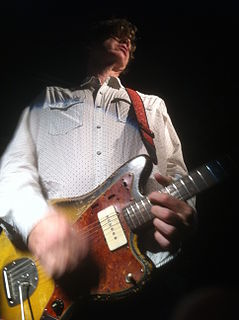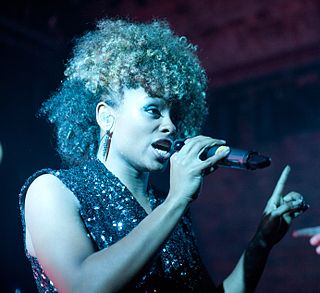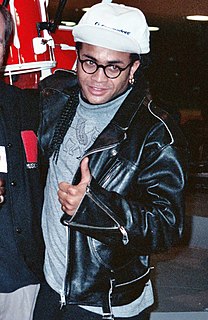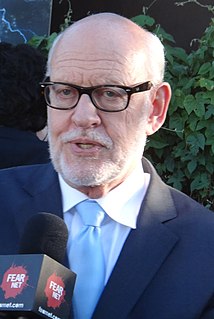A Quote by Colin Meloy
I have a conflicted relationship with musicals, because I think the music itself can be so horrendous. It's an industry that relies on appealing to a mainstream culture in order to survive.
Related Quotes
I was on television a couple of years ago and the reporter asked me, "How does it feel being on mainstream media? It's not often poets get on mainstream media." I said, "Well I think you're the dominant media, the dominant culture, but you're not the mainstream media. The mainstream media is still the high culture of intellectuals: writers, readers, editors, librarians, professors, artists, art critics, poets, novelists, and people who think. They are the mainstream culture, even though you may be the dominant culture."
Most people aren't encouraged to think of their labor as very valuable. We usually think of it as the necessary thing we engage in in order to survive. We live in a world where our ability to survive is connected to our ability to draw a paycheck. But there are other ways of organizing labor and culture. For example, people who are pushing for fixed universal base income, or a welfare system that separates wage labor from the compensation required to survive. It was only when I thought of those alternatives that I was able to really understand what we mean when we say sex work is work.




































